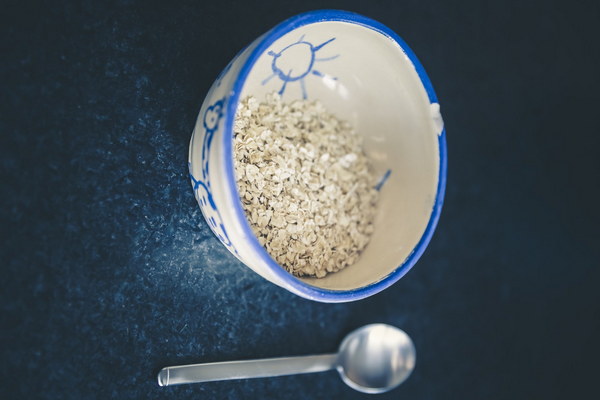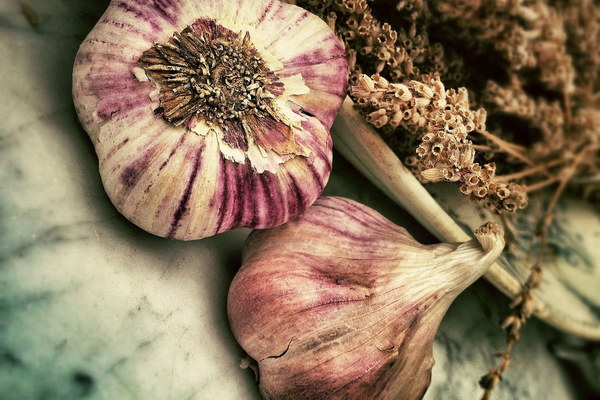Nurturing Your Liver A Woman's Guide to Self-Care and Liver Health
In today's fast-paced world, women often find themselves juggling multiple roles, which can take a toll on their overall health, including the liver. The liver is a vital organ responsible for filtering toxins, producing bile, and metabolizing nutrients. As women, it's crucial to prioritize liver care to maintain optimal health and vitality. Here's a comprehensive guide to self-care and liver health for women.
Understanding the Liver's Role
Before diving into the specifics of liver care, it's essential to understand the liver's functions. This organ plays a pivotal role in detoxifying the body, processing nutrients, and storing energy. When the liver is healthy, it can efficiently perform these tasks, helping to prevent a myriad of health issues.
Common Liver Health Risks for Women
Women are more susceptible to certain liver conditions due to hormonal fluctuations, medication use, and other factors. Some common risks include:
- Hepatitis B and C: These viral infections can lead to chronic liver disease.

- Non-Alcoholic Fatty Liver Disease (NAFLD): A condition linked to obesity, high cholesterol, and metabolic syndrome.
- Cirrhosis: Scarring of the liver tissue, often caused by chronic liver diseases.
- Drug-induced liver damage: Side effects from certain medications can harm the liver.
5 Self-Care Tips for Liver Health
1. Balanced Diet:
A diet rich in fruits, vegetables, whole grains, and lean proteins is beneficial for liver health. Avoid excessive intake of processed foods, sugary drinks, and high-fat foods, which can lead to obesity and NAFLD.
2. Regular Exercise:
Physical activity can help manage weight, improve cholesterol levels, and reduce the risk of metabolic syndrome, all of which are important for liver health. Aim for at least 150 minutes of moderate-intensity aerobic exercise per week.
3. Hydration:
Drinking plenty of water helps to flush out toxins and maintain the liver's function. Aim for at least 8-10 glasses of water daily, but adjust your intake based on your activity level and climate.
4. Avoid Harmful Substances:
Limit alcohol consumption and avoid smoking, as both can cause significant liver damage. Additionally, be cautious with over-the-counter medications and herbal supplements, as some can be harmful to the liver.
5. Stress Management:
Chronic stress can affect liver health by increasing the production of stress hormones, which can lead to inflammation. Practice stress-reducing techniques such as yoga, meditation, or deep breathing exercises.
Hormonal Balance
For women, hormonal fluctuations can impact liver health. Estrogen, in particular, can affect how the liver metabolizes fats and carbohydrates. Maintaining a healthy weight and managing premenstrual syndrome (PMS) can help support liver function.
Regular Check-Ups
Regular health check-ups are crucial for early detection of liver problems. Women should be aware of the signs and symptoms of liver disease, such as jaundice, fatigue, and abdominal pain, and seek medical attention if they experience any of these.
Supplements and Herbs
While no supplement can fully protect the liver, some may support its function. Milk thistle, for example, is a popular herbal supplement that may help protect liver cells. However, it's important to consult with a healthcare provider before starting any new supplement, as some can interact with medications.
Conclusion
Self-care and liver health go hand in hand, especially for women. By adopting a healthy lifestyle, managing stress, and being proactive about liver care, women can protect this vital organ and enjoy better overall health and well-being. Remember, the liver is resilient, and with the right care, it can continue to perform its essential functions for years to come.









